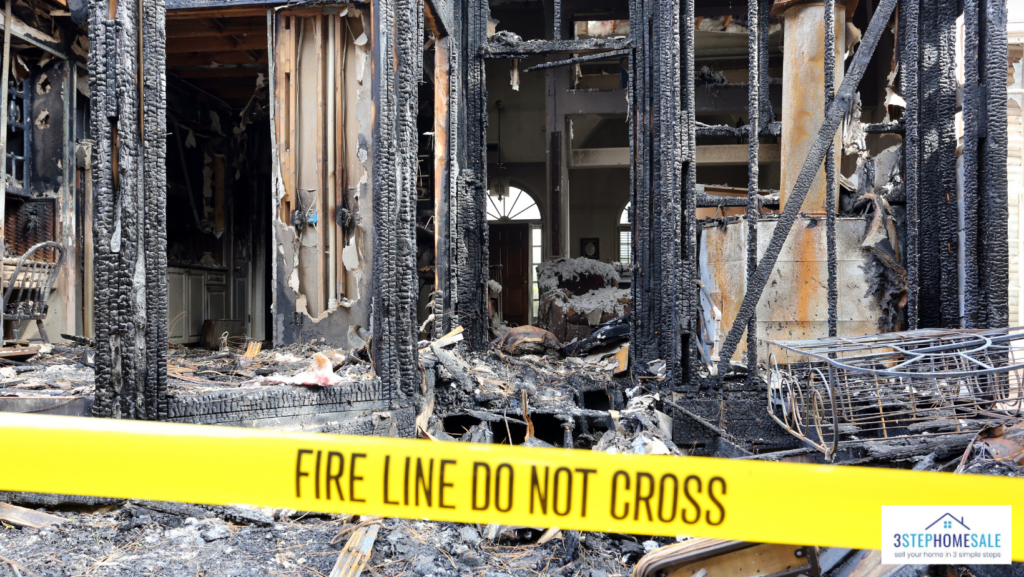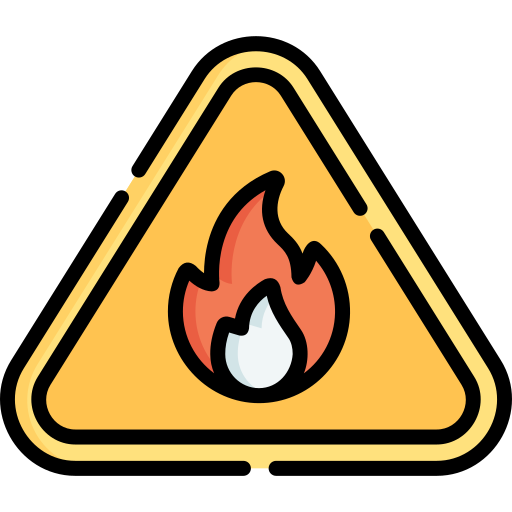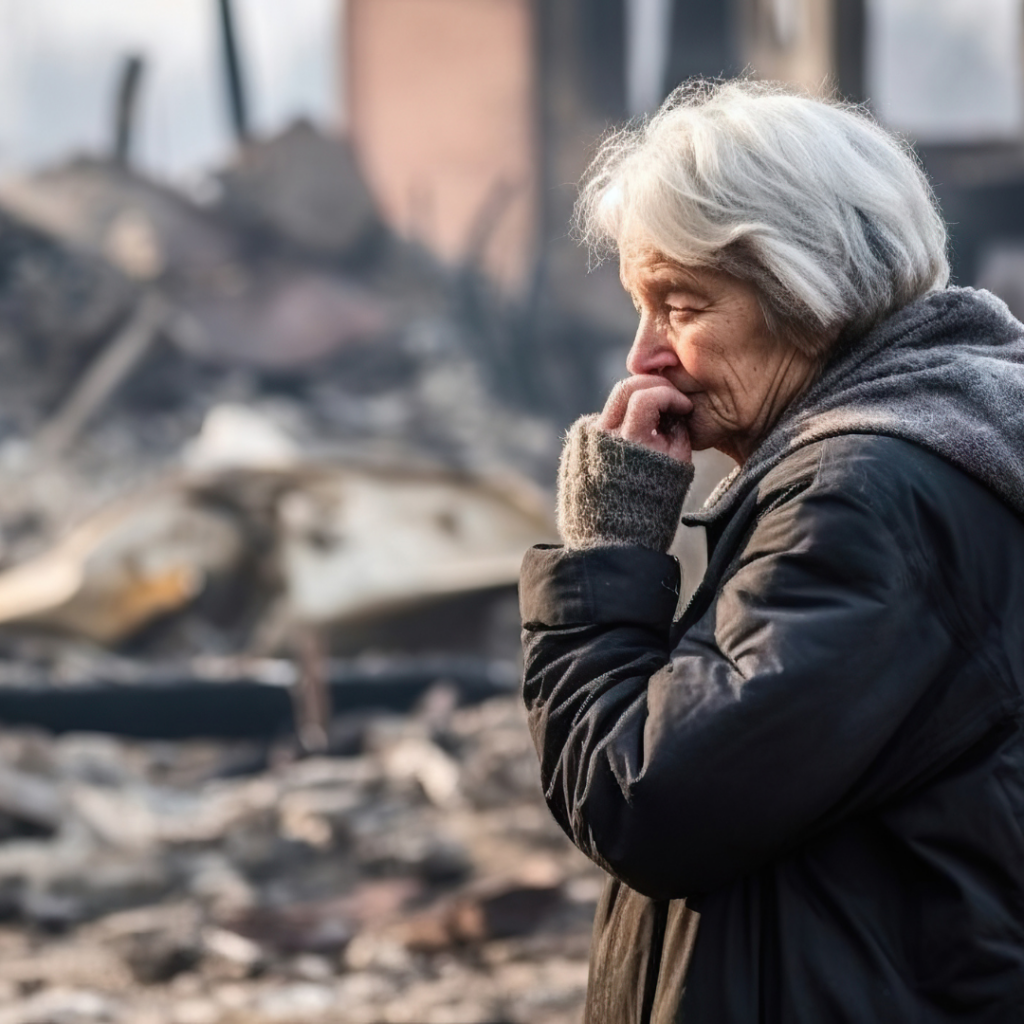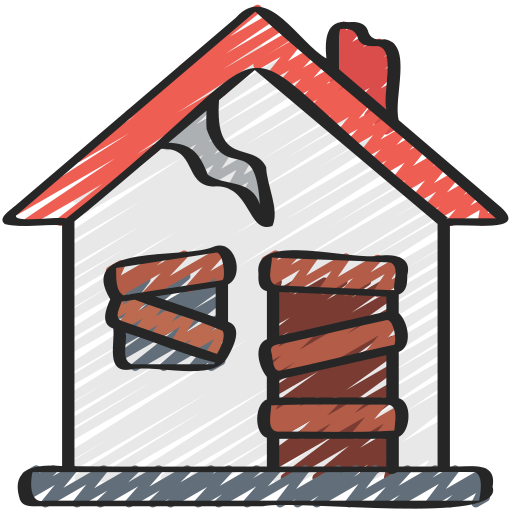Table of Contents
- Introduction: Selling a Fire Damaged House in Virginia
- Most Common Causes of House Fires in the US
- Impact on Property Value
- Evaluating Your Options: REPAIR or SELL AS-IS?
- Virginia-Specific Laws and Regulations for Fire-Damaged Properties
- How to Price a Fire Damaged House in Virginia
- Marketing a Fire-Damaged House in Virginia
- Conclusion

Selling a Fire Damaged House Virginia
Did you know that according to the National Fire Protection Association, there were an estimated 1.3 million house fires recorded in the US in 2019 alone? The destruction caused by fires is physical but also emotional and financial. Without the right knowledge and resources, selling such a property can be overwhelming. You will find Virginia-specific insights here, including market opportunities, legal obligations, and practical advice to help you make informed decisions when selling a fire-damaged house.
Various zoning laws, the blend of urban and rural areas, and the demand from investors and traditional buyers make Virginia’s real estate market a great place for selling fire-damaged homes. Market conditions and regulatory environments can help you sell more successfully.
Most Common Causes of House Fires in the US
House fires can be devastating and occur for a variety of reasons. In the United States, some of the most common causes of house fires include:
 Cooking accidents: Unattended stoves, grease fires, and other cooking mishaps can quickly escalate into a house fire.
Cooking accidents: Unattended stoves, grease fires, and other cooking mishaps can quickly escalate into a house fire. Heating equipment: Space heaters, furnaces, and chimneys can all pose fire hazards if not properly maintained.
Heating equipment: Space heaters, furnaces, and chimneys can all pose fire hazards if not properly maintained. Electrical malfunctions: Faulty wiring, overloaded circuits, and malfunctioning appliances can spark fires.
Electrical malfunctions: Faulty wiring, overloaded circuits, and malfunctioning appliances can spark fires. Smoking: Carelessly discarded cigarettes or smoking materials can ignite fires, especially if they come into contact with flammable materials.
Smoking: Carelessly discarded cigarettes or smoking materials can ignite fires, especially if they come into contact with flammable materials. Candles: Unattended candles can easily ignite curtains, furniture, or other objects in the home.
Candles: Unattended candles can easily ignite curtains, furniture, or other objects in the home. Arson: Unfortunately, intentional acts of arson account for a significant number of house fires.
Arson: Unfortunately, intentional acts of arson account for a significant number of house fires.
These are just a few of the most common causes of house fires. NFPA report says 9 out of 10 states with the highest overall fire death rates in 2015–2019 were in the South. It’s important to note that house fires can significantly impact the value and marketability of a property.
Impact on Property Value

Selling a fire-damaged house in Virginia comes with its fair share of challenges as potential buyers may be hesitant to invest in a property that has experienced fire damage, fearing hidden structural issues or potential safety hazards.
Fire damage can drastically affect home valuation in Virginia, where market conditions, location, and the extent of the damage determine the final selling price. For example, a home in a high-demand area such as Richmond may still retain some value despite moderate damage, while a rural property might lose value faster if repairs are extensive.
Evaluating Your Options: REPAIR or SELL AS-IS?
When it comes to selling a fire damaged house in Virginia, homeowners have two main options: repair the property before selling or sell it as-is. Let’s break down each option:
 Repair and Sell:
Repair and Sell:
- Increased marketability: By investing in repairs, you can make your fire damaged house more appealing to potential buyers.
- Higher selling price: A fully restored property can command a higher selling price compared to a fire damaged house.
- Peace of mind: Knowing that your property is in good condition can alleviate concerns for both you and potential buyers.
 Sell As-Is:
Sell As-Is:
- Cost savings: Repairs can be expensive, and selling as-is allows you to avoid these additional costs.
- Attract investors: Some real estate investors specialize in purchasing fire damaged properties and are willing to buy them as-is.
- Time-saving: Selling as-is means you can avoid the lengthy and expensive process of repairing the damage. This allows you to sell the house quickly and move on with your life.
- No stress: Dealing with repairs, contractors, and the uncertainty of finding the right buyer can be incredibly stressful. Selling as-is allows you to bypass these headaches and sell the house on your own terms.
Selling a fire damaged house as-is may come with a lower selling price compared to a fully repaired property but can be a practical and efficient solution, especially if you’re looking to sell quickly and avoid the expenses and stress of repairs.
Virginia-Specific Laws and Regulations for Fire-Damaged Properties
Building Codes and Fire Safety Regulations
Virginia has stringent building codes, especially concerning fire-damaged properties. Homeowners must adhere to these regulations, ensuring that any damage is documented and compliant with safety standards before listing the property.
Zoning and Rebuilding Restrictions
If you’re considering rebuilding, it’s essential to understand Virginia’s zoning laws. Depending on the location, there may be restrictions on how the property can be renovated or reconstructed after a fire.
Disclosing Fire Damage
Virginia’s seller disclosure laws require homeowners to be transparent about any fire-related incidents. Failing to disclose fire damage can lead to legal complications, so it’s crucial to be upfront with potential buyers. Virginia has specific laws and regulations regarding the sale of properties with fire damage.
Sell My House Fast Virginia
OR

How to Price a Fire Damaged House in Virginia
By steering clear of these pitfalls, you can maximize your property’s value and streamline the selling process:
Factors influencing Price
Pricing a fire damaged house requires an understanding of local market conditions, the extent of the fire damage, and property location. Homes in desirable areas, such as Northern Virginia or coastal regions, might still fetch competitive prices even after a fire, while those in less sought-after areas may face more significant value depreciation.
Obtaining a Property Appraisal
A professional appraisal provides an objective valuation of your property’s worth post-fire. This ensures that you’re not undervaluing your home or asking for an unrealistic price.
Tax Deductions for Fire-Damaged Properties
Virginia homeowners may be eligible for tax deductions related to fire damage. Understanding what you can write off will help minimize financial losses.
Capital Gains Tax
Selling a fire-damaged property could trigger capital gains tax, but there are ways to mitigate this depending on how long you’ve owned the home and the extent of the damage.
Marketing a Fire-Damaged House in Virginia
Targeting the Right Buyers
Fire damaged homes are often more attractive to specific buyers, such as investors, contractors, or buyers looking for renovation projects. Tailoring your marketing strategy to these groups can help speed up the sales process.
Highlighting Positive Aspects
Despite fire damage, your home may still have appealing features, such as location, lot size, or potential for rebuilding. Highlighting these factors can make your property stand out to prospective buyers.
Using Online Platforms and Networks
Online real estate platforms, social media, and local investor networks can be powerful tools for marketing your fire-damaged property. Virtual tours, detailed listings, and honest disclosure of damage can attract serious buyers.

Selling a fire damaged house in Virginia comes with its challenges, but it’s entirely possible with the right knowledge and resources. Whether you decide to sell as-is, make repairs, or target investors, this guide has provided you with the tools needed to make an informed decision. Take your time, explore all your options, and seek professional advice where necessary to ensure a successful sale.


